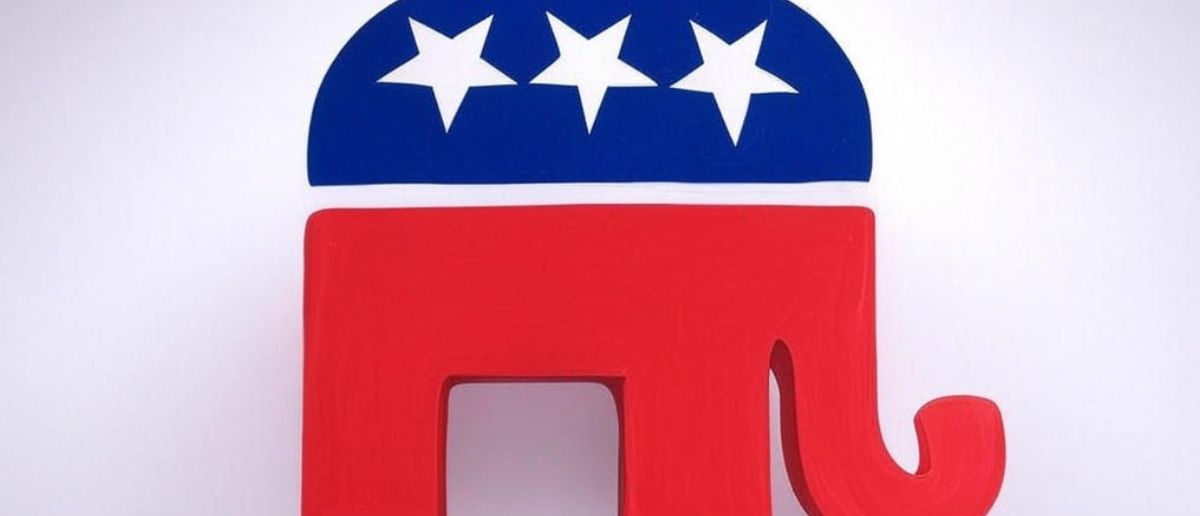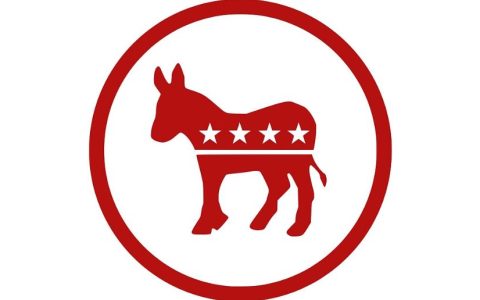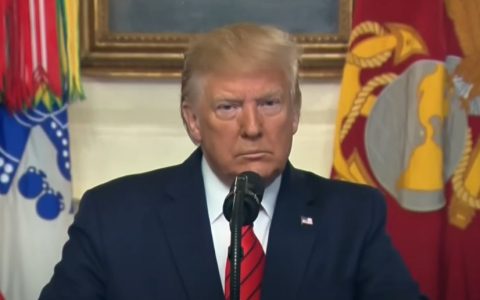
Our government was designed with plenty of checks and balances. But what if those mechanism are abused?
That’s why the GOP is eyeing nuking the filibuster in a move with huge ramifications for America.
Bessent Advocates Ending Filibuster Amid Partisan Tensions
Treasury Secretary Scott Bessent indicated that Republicans might need to eliminate the filibuster should Democrats initiate another government shutdown in January, framing it as a response to ongoing political gridlock.
During an appearance on NBC’s Meet the Press with Kristen Welker on Sunday, Bessent addressed questions about the feasibility of abolishing the filibuster, noting that Senate Leader Thune had previously dismissed the idea due to insufficient support.
“You call for an end to the filibuster. In the past, leader Thune has said that it’s just not happening. There aren’t the votes. Mr. Secretary, do you believe that you have enough votes, that the president has enough votes to get rid of the filibuster?” Welker asked.
Bessent explained that his op-ed in The Washington Post, released that day, aimed to alert the Senate to potential consequences.
Linking Shutdown Impacts to Broader Reforms
Bessent tied his proposal directly to the recent government shutdown, which began in late September after Democrats blocked a Republican-backed spending bill over disputes concerning health care funding, particularly changes to Obamacare that could lead to premium increases for millions.
The impasse, lasting into November, resulted in furloughs for federal workers and disruptions to services, with economic analyses estimating a 1.5% drag on GDP and an $11 billion long-term cost to the economy, as cited by Bessent.
Polling during the period, including from outlets like Fox News and Gallup, showed a majority of Americans blaming Republicans for the stalemate, though Democrats ultimately agreed to a compromise to reopen the government, a move criticized by some commentators like New York Times columnist Ezra Klein for conceding too soon despite favorable public opinion.
“The Democrats kept the government shut down — and Ezra Klein in The New York Times took the mask off. He said this wasn’t about health care; this was about stopping totalitarianism. The Democrats haven’t been able to stop President Trump in the courts; they haven’t been able to stop him in the media, so they had to harm the American people — 1.5% hit to GDP, $11 billion permanent hit. They don’t care. So I believe that Senate Democrats, if Senate Democrats close the government again, Senate Republicans should immediately abrogate the filibuster,” the Treasury secretary stated.
Historical and Strategic Case Against the Filibuster
In his Washington Post piece, Bessent traced the filibuster’s origins and contended it’s become an outdated mechanism that hinders effective governance. “Today, the minority party can abuse the filibuster to the point of rendering the Senate almost useless as a deliberative body,” he wrote.
He addressed Republican concerns about future Democratic control, applying game theory principles to argue for preemptive action.
“Some Republicans hesitate to end the filibuster out of fear that Democrats will one day use that same power against them,” Bessent noted.
“But Democrats will use that power against them whether Republicans end the filibuster or not. GOP senators who defend the filibuster are ignoring basic game theory. As the classic prisoner’s dilemma shows us, in a repeated game, the player who always cooperates while the opponent who always betrays is doomed to lose.”





